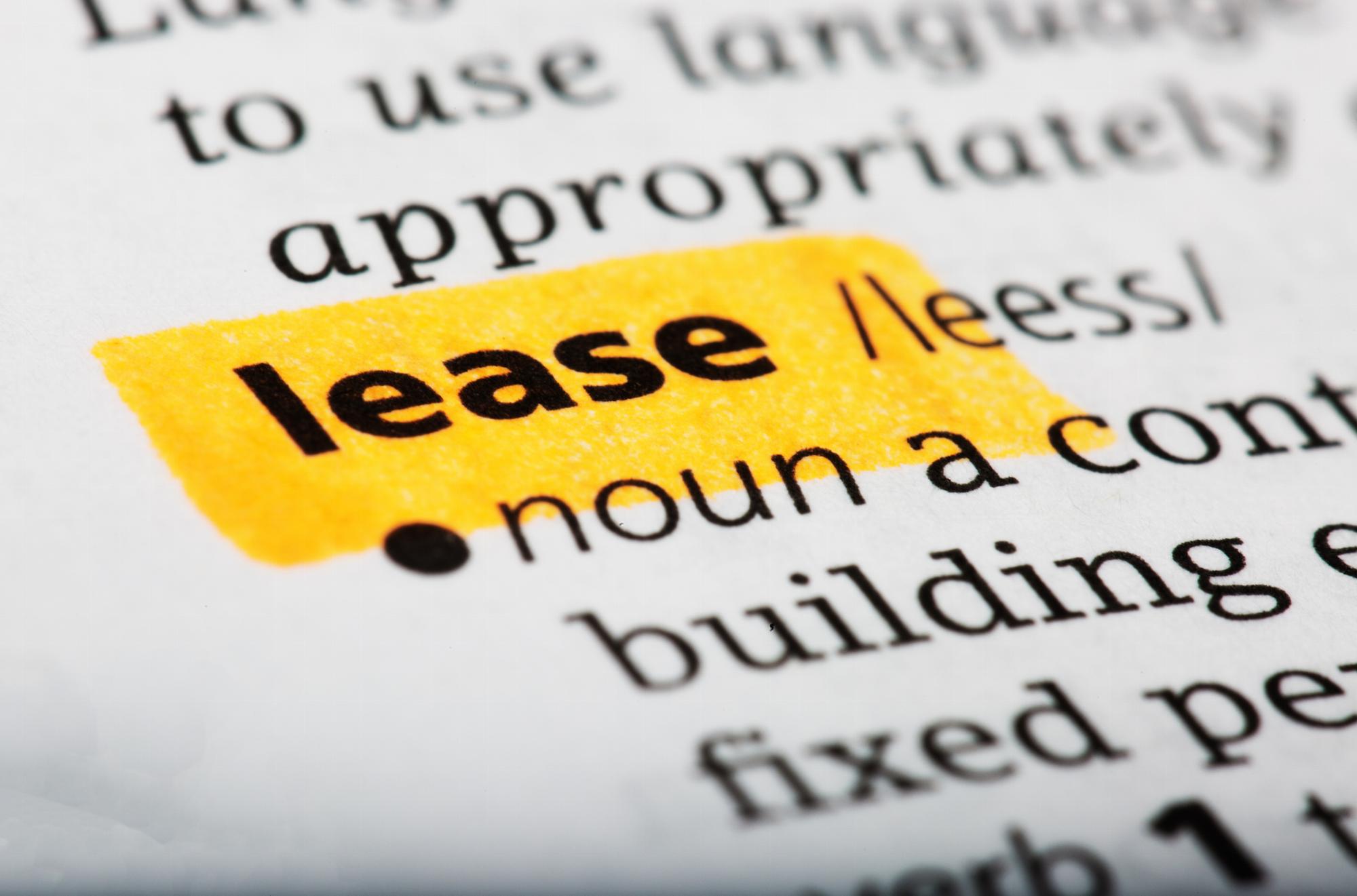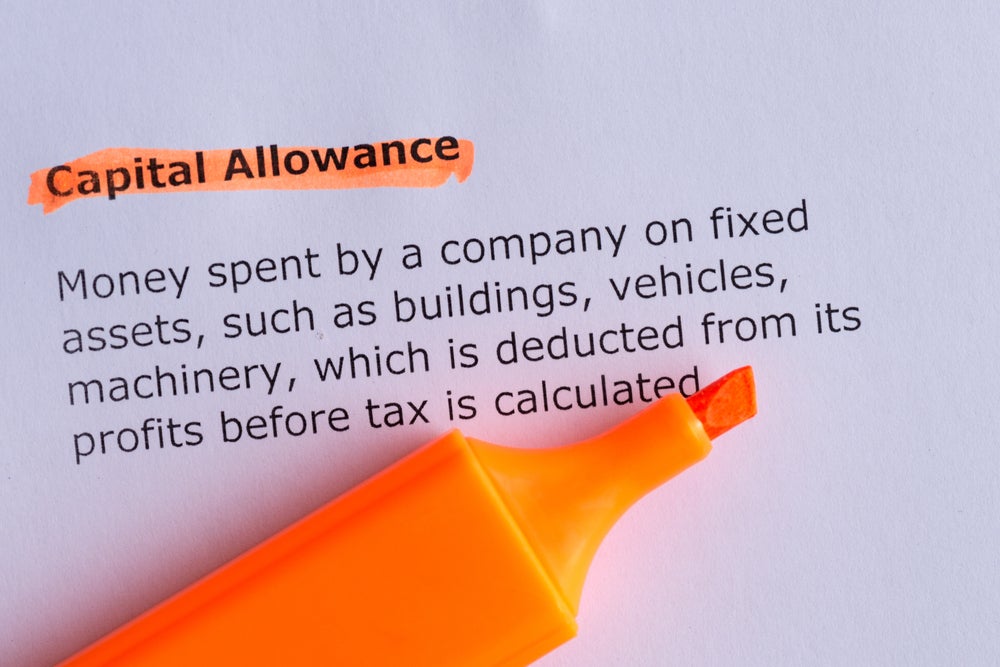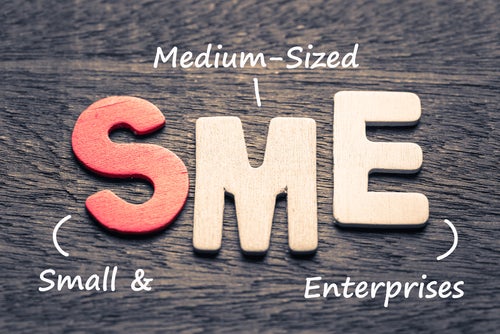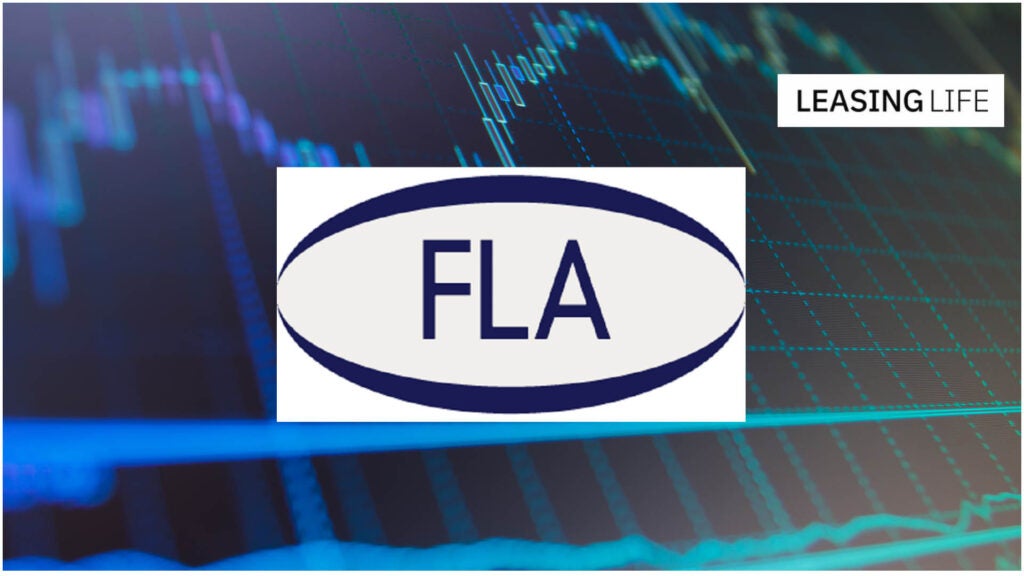
Ahead of the Budget announcement, the Finance and Leasing Association (FLA) had been lobbying for a new Green Super Deduction to replace the current capital funding programme when it came to an end in March.
The government introduced the super-deduction in 2021 amid the Covid-19 health crisis. The capital investment incentive was the biggest two-year business tax cut in modern British history.
The Super Deduction offered companies relief at 130% of the qualifying cost compared to the pre-existing 18% writing down allowance for investment for qualifying new and unused plant and machinery.
The FLA urged the government to rectify “a major flaw” of the existing Super Deduction regime, namely that it was not available for leasing or short-term hire, “despite the fact that many firms choose these options because it makes good business sense.”
Simon Goldie, director of business at the FLA said: “Leasing and short-term hire are key to the funding mix, and any Super Deduction that does not include them is flawed by design.”
‘SMEs need a new Green Super-Deduction to help net zero transition’
How well do you really know your competitors?
Access the most comprehensive Company Profiles on the market, powered by GlobalData. Save hours of research. Gain competitive edge.

Thank you!
Your download email will arrive shortly
Not ready to buy yet? Download a free sample
We are confident about the unique quality of our Company Profiles. However, we want you to make the most beneficial decision for your business, so we offer a free sample that you can download by submitting the below form
By GlobalDataSince its introduction, companies investing in capital equipment have been able to claim a 130% tax deduction (at an estimated cost of £25bn in tax revenue over two years).
In his Spring Budget, Chancellor Jeremy Hunt ignored the FLA’s proposal and opted to replace the Super Deduction with a three-year Full Expensing regime, which allows companies to write off the full cost (100%) of qualifying plant and machinery investment in the year they invest. This can be deducted “in full and immediately” from taxable profits (in place until March 2026).
In a blog post, the director general of the FLA welcomed the move and took credit, on behalf of the membership, for its introduction. Stephen Haddrill said: “We particularly welcome the introduction of full expensing of investment for tax purposes which we pressed the Treasury to do. This will apply to HP-funded investments but it is not clear that leasing will benefit. We continue to push for that.”
The Full Expensing regime is estimated to cost £3bn less (over two years) than the Super Deduction, which might explain why it has been championed.
Also, keep in mind, the Super Deduction was originally proposed as a way of offsetting an earlier corporation tax hike. So, with the corporate tax rate set to increase from 19% to 25% in April this year, the Full Expensing regime offers businesses a concession, albeit at a cheaper rate for the government than the Super Deduction.
David Bushnell, director of consultancy and strategy at Fleet Operations, recognised the benefit of the new policy of ‘full expensing’ for fleets buying leasing trucks, for example, but he added: “the importance of leasing as an integral ingredient to cost-efficient fleet operations remains unrecognised. It is disappointing that the industry’s call for a Super Deduction to cover leased assets has been ignored.”
This sentiment will be widely felt across the asset finance sector I suspect.







